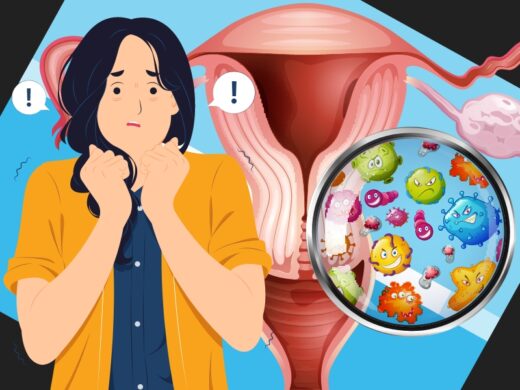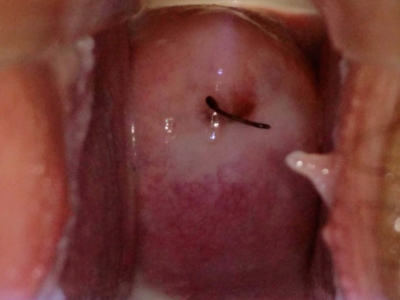
Bacterial vaginosis (BV) is a mild infection in the vagina. The infection happens when there are more bad bacteria than good bacteria in the vagina. BV is the most common vaginal infection that affects young women.
What are STDs?
Sexually transmitted diseases (STDs) are very common. Millions of new infections occur every year in the United States. STDs pass from one person to another through oral, vaginal, and anal sex. They also can spread through intimate physical contact like heavy petting, though this is not very common.
STDs don’t always cause symptoms or may only cause mild symptoms. As a result, it is possible to have an infection and not know it. For this reason, getting an STD test is important if you are having sex. If you receive a positive STD diagnosis, know that all are treatable with medicine, and some are curable entirely.
STDs are preventable. If you have sex, know how to protect yourself and your sex partner from STDs.
Let’s Talk About Bacterial Vaginosis

As the name suggests, bacterial vaginosis (BV) is a vaginal infection caused by bacteria. Female reproductive-age women are most likely to experience abnormal vaginal discharge due to this condition. Some women may experience vaginal irritation and a fishy odor from bacterial vaginosis. Others may not have any symptoms.
The condition is associated with poor obstetrics and gynecology outcomes, such as preterm delivery, and infection following hysterectomy, and may increase a woman’s vulnerability to sexually transmitted infections.
What Are The Symptoms?
People with bacterial vaginosis usually don’t have symptoms. If you do, you may have:
- Off-white, grey, or greenish color vaginal discharge
- Discharge that smells fishy
- Fishy smell that is strongest after sex or during the menstrual cycle
- Rarely, is an itchy or sore vagina
The symptoms of bacterial vaginosis are similar to other infections. It’s important to visit your healthcare provider to know if what you have is BV or another vaginal infection.
How Do You Get Bacterial Vaginosis?
BV is more common among sexually active women, though it is unclear how it is transmitted. Occasionally, it develops soon after intercourse with a new partner. A woman who has sex with a female partner may be at higher risk than one who has sex with a male partner only.
The link between BV and specific sexual practices or acts has not been conclusively established. Condoms may reduce the risk of this infection, however, according to recent research.
Does Bacterial Vaginosis Affect Pregnancy?
Pregnant women are estimated to get BV every year by the Centers for Disease Control and Prevention. During pregnancy, hormone changes increase the risk of BV in pregnant women. The body produces hormones as chemicals.
Premature birth and low birth weight are increased risks if you have BV during pregnancy. Premature birth occurs before 37 weeks of pregnancy. The term low birthweight refers to a baby born weighing less than 5 pounds, 8 ounces. Baby’s health can be affected if they are born too early or too small. Inflammatory diseases of the pelvis can also be caused by BV. Infertility (unable to become pregnant) can increase your risk of PID in the uterus.
How Do We Treat Bacterial Vaginosis?
To treat bacterial vaginosis, your doctor may prescribe one of the following medications:
- Metronidazole (Flagyl, Metrogel-Vaginal)
- Clindamycin (Cleocin, Clindesse)
- Tinidazole (Tindamax)
- Secnidazole (Solosec)
Usually recommended medication:
- Secnidazole – this drug is a new second-generation 5-nitroimidazole product. Its broad spectrum of activity is effective against anaerobic bacteria. Secnidazole also acts as an antiprotozoal.
The male sexual partner of an infected woman generally doesn’t need to be treated, but bacterial vaginosis can spread between female sexual partners. It may be necessary for female partners to undergo testing and treatment. Pregnant women with symptoms need to be treated to help decrease the risk of premature delivery or low birth weight.









